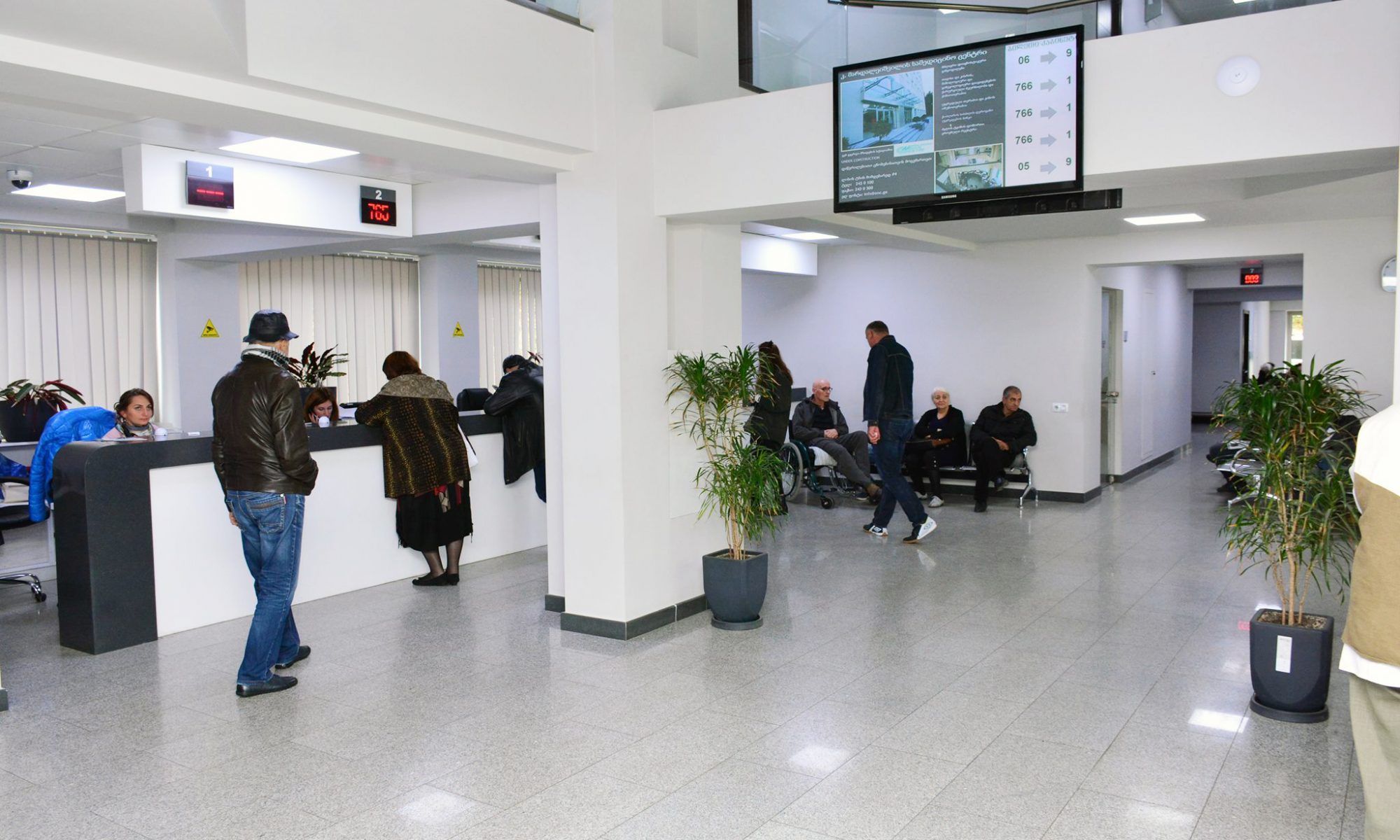While everyone that wants to have a family hopes for a healthy, happy child, the sad reality is that not every child is born within the median average for health and psychological adjustment. Some children, through no fault of their own, will face some medical obstacles and it is up to parents to decide how to take on these additional challenges. One such challenge is if a child has autism, otherwise known as being diagnosed with an autism spectrum disorder.
If a family has a child that is diagnosed with ASD, this doesn’t automatically mean there is only one course of action, far from it. But it does mean that it may now be best to think about visiting an autism treatment center to find out what the best course of action is to ensure that an ASD child still has a chance to lead a productive, fulfilling life.
What Is ASD?
Autism spectrum disorder is a complex medical condition that combines both physical and behavioral conditions into a general disorder that affects the everyday life experience. As the name implies, ASD has a “spectrum” of different symptoms and degrees of severity. ASD itself comprises a series of unusual behaviors, such as the inability to maintain eye contact while talking, verbal “tics” such as unusual tone of voice, or choice of words, aggression provoked by unconventional triggers, or the tendency to process information differently from others.
Depending on the severity along the spectrum, an ASD child might be viewed as merely “eccentric,” or “introverted,” but otherwise live a normal life, or, in more serious cases, have severe issues socializing, with unusual behavior in school, such as having enormous difficulty with simpler concepts in English, while excelling at very detailed, pattern-based thinking like advanced mathematics.
Every ASD child will be different and have unique needs based on the ways the symptoms they express, and the degree of severity along the spectrum, and this is where an autism treatment center can be an important cornerstone of helping these children better cope with everyday life.
Understanding Needs
An autism treatment center can be a valuable partner in helping parents—and even schools—to make the proper adjustments for life with an ASD child. ASD children will have more specific, particular needs compared to other children, but every ASD child is going be unique in what those needs are, thanks to the spectrum of symptoms and severity of the disorder. So while one child with mild ASD may need a little bit of speech therapy to integrate into a classroom setting successfully, another child may be in much more serious condition, perhaps requiring a course of medication.
Autism treatment centers are places with staff on hand that have the knowledge, experience, and expertise to critically evaluate an ASD child, and come to a decisive understanding of the nature of that child’s ASD, and the best way to navigate it. Autism treatment centers can be especially important if you only suspect your child to have ASD, but have yet to get a proper, confirmed, medical diagnosis. An autism treatment center, depending on which one you go to, will either have the staff on hand for diagnosis or be able to make a reliable referral to someone who can.
Looking At Options
Once an ASD child has been properly evaluated and the extent of the ASD and its specific symptoms has been diagnosed and documented, the next way an autism treatment center can help is in the treatment itself. ASD currently has no known cure, so the symptoms associated with it can only be reduced or managed in different ways. An autism treatment center can help parents and schools to decide what is the best approach to prioritizing the symptoms and the method of treatment.
Behavioral therapy, for example, may be advised in the case of training an ASD child to integrate social skills that other children may subconsciously learn and internalize. An ASD child might need to learn how to maintain eye contact when communicating, for example, or strategize waiting for pauses in conversation, and then choosing those times to respond.
In other cases, behavioral therapy may need to be paired with other treatments, such as medication. Sometimes, an ASD child may be recommended to take a course of antipsychotics to manage certain tendencies alongside therapeutic techniques to manage undesirable behavior and learn desirable ones.
Moreover, in some cases, there may even be suggestions to try newer treatments, such as stem cell therapy, which is still being explored as a new and promising area for helping to control some aspects of ASD through the use of these “master cells” to replace and regrow problem areas.
However, it is only by visiting an autism treatment center and getting a thorough evaluation of an ASD child that parents can find out exactly which solutions and alternatives may be a good fit for their child and that child’s needs.


